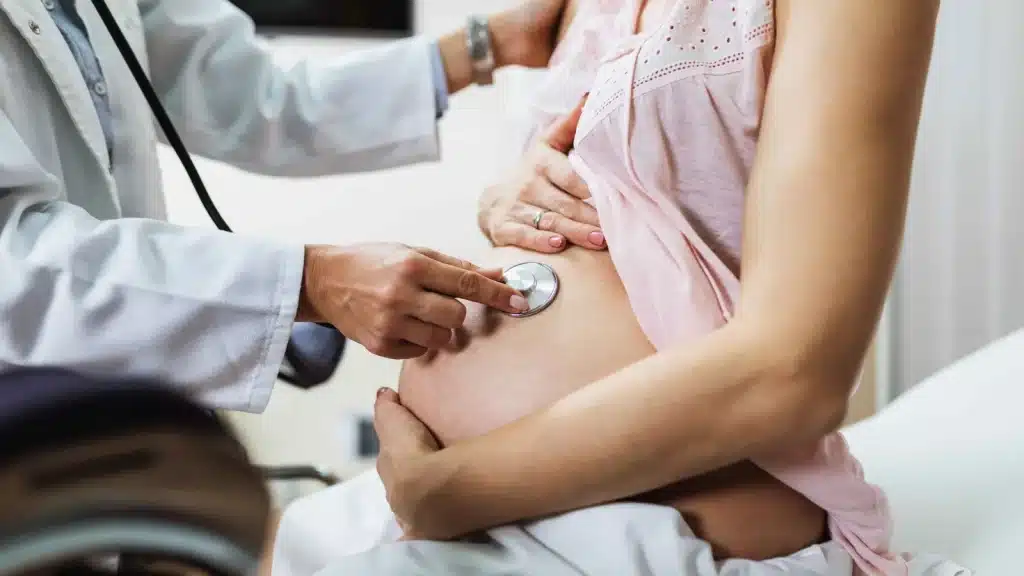Infertility Treatment
At Sahaj Hospitals, we understand the challenges couples face on their journey toward parenthood. Infertility can be an emotionally and physically demanding experience, but with advanced medical care and compassionate support, many couples achieve their dreams of starting a family. Our infertility treatment center in Indore provides comprehensive and personalized care to address the unique needs of each individual and couple.
Understanding Infertility
Infertility is defined as the inability to conceive after one year of regular, unprotected intercourse. In some cases, couples may benefit from consulting a specialist sooner, especially if specific risk factors or symptoms are present. The incidence of infertility in India varies, affecting up to 16.8% of individuals in the reproductive age group (15-49 years), according to the World Health Organization.
Symptoms of Infertility
The primary symptom of infertility is the inability to conceive. In many cases, there are no other obvious signs or symptoms, making professional evaluation essential.
Causes of Infertility
Infertility can affect both men and women and may be due to various factors:
Male Infertility Causes:
- Abnormal sperm production or function due to conditions like varicocele, undescended testicles, or infections such as mumps or HIV.
- Ejaculation disorders, including premature ejaculation or blockages in sperm delivery pathways.
- Lifestyle factors, including smoking, excessive alcohol consumption, drug use, or exposure to environmental toxins.
- Damage caused by radiation, chemotherapy, or injuries to the reproductive organs.
Female Infertility Causes:
- Ovulation disorders, such as polycystic ovary syndrome (PCOS) or thyroid dysfunction, which interfere with egg production.
- Uterine or cervical abnormalities, including fibroids, polyps, or a malformed uterus.
- Fallopian tube damage caused by endometriosis, pelvic inflammatory disease, or previous surgeries.
- Premature ovarian failure or early menopause, sometimes linked to genetic conditions or autoimmune diseases.
- Lifestyle factors, including excessive exercise, stress, or eating disorders.
Diagnosis of Infertility
A thorough evaluation is the first step in identifying the cause of infertility. Diagnostic procedures at Sahaj Hospitals include:
- For men: Semen analysis, hormonal testing, and physical examination.
- For women: Hormonal evaluations, ultrasound imaging, and advanced tests such as hysterosalpingography (HSG) to assess fallopian tube health and uterine conditions.
- Additional tests may include ovarian reserve assessments and PAP smears to rule out infections or abnormalities.
Our Specialties

Infertility Treatment Options at Sahaj Hospitals
Sahaj Hospitals offers state-of-the-art infertility treatments in Indore. Our approach combines advanced medical technology with personalized care to provide the best outcomes. Treatment options include:
-
Intrauterine Insemination (IUI): A minimally invasive procedure where sperm is directly introduced into the uterus to enhance the chances of fertilization during ovulation.
-
In Vitro Fertilization (IVF): A procedure in which eggs and sperm are combined in a laboratory setting to create embryos. The embryos are then implanted into the uterus to achieve pregnancy.
-
Gamete Intrafallopian Transfer (GIFT): This technique involves placing eggs and sperm directly into the fallopian tubes, allowing natural fertilization to occur.
-
Zygote Intrafallopian Transfer (ZIFT): Fertilized eggs (zygotes) are placed in the fallopian tubes, combining the benefits of laboratory fertilization with the natural implantation process.
When to Consult a Doctor
You should seek professional advice if:
- You are over 35 years old and unable to conceive after six months.
- You are over 40 years old and trying to conceive.
- You experience irregular, painful, or absent menstrual cycles.
- You have a history of miscarriages or known fertility issues.
- For men, signs such as low sperm count, sexual dysfunction, or a history of reproductive system problems warrant immediate evaluation.
